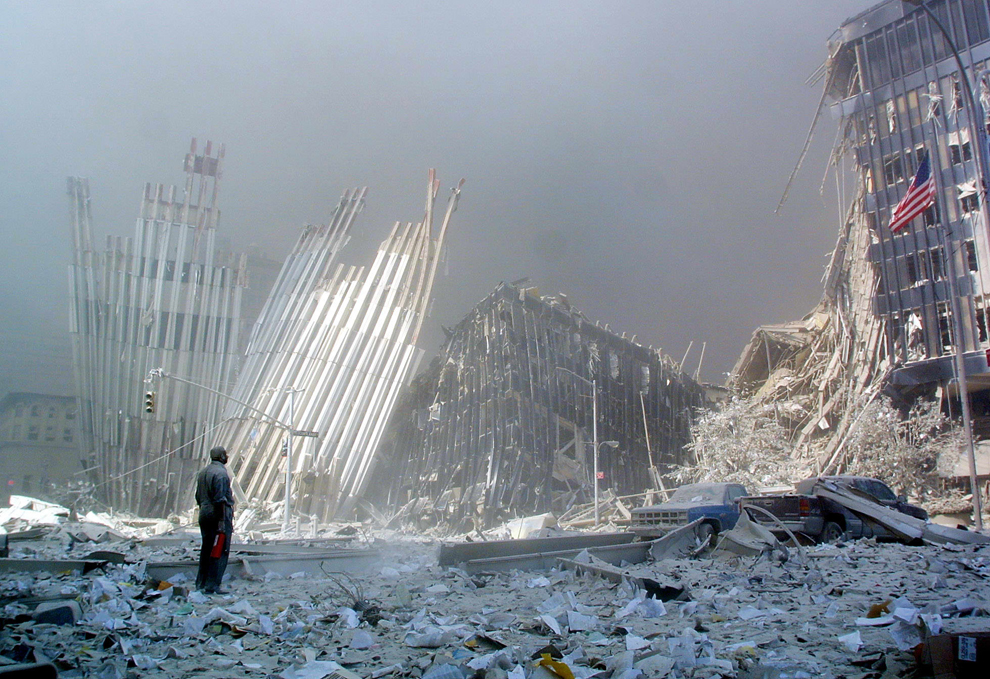 Crim3403 Discourse/Crime Winter 2025-26
Classoom: MMH202 weblog gradesheet index
Crim3403 Discourse/Crime Winter 2025-26
Classoom: MMH202 weblog gradesheet index
"We are bystanders at a spectacle," Guy Debord, Society and
Spectacle
Overview: This research course involves analysis of public
talk about crimes, eg. sexual assault, domestic violence, serial
murder, terrorism, protests, etc, in mainstream news, social media,
and video. Theories and methods guide individual research, such as
content/discourse analysis, thematic and narrative approaches.
Blended classes combine face-to-face lectures with online
asynchronous material, although in the event of moving to a remote
delivery design the classroom becomes virtual. Research involves
both guided and independent work.
Suggestion: work in pairs or groups, and checkin regularly, eg.
classtime.
Required text: Constructing Danger: Emotions and the
mis/representation of crime in the news, 2nd ed. McCormick,
Fernwood, 2010. Each chapter has a 1. different topic, 2. practical
method, 3. emotion, and specially designed 4. sample study.
Understanding current events will also focus on social media.
Evaluation: (1) Classmark (25%), reflects 'engagement
exercises' posed in the class or as homework, a series of 1-2 pages
sspaced with refs; posted on weblog and graded for quantity and
quality. (2) Proposal (20%), due week six,
on an issue/event you're interested in, eg. environmental protests,
race riots, etc. This should be 2
single-spaced pages max, with refs; it should be specific on the
analytical issues, and how method will be applied to the topic.
Here is a list of topics people did last year: homelessness; the
opioid crisis; serial homicide; AIDS; sexual assault and femicide;
#MeToo; the wet'suwet'en protest; Montreal Massacre; Westray;
wrongful conviction; MMIW; Robert Pickton; Creep Catchers; and,
the Gladue decision. A current
method could see how a topic is treated in social media.** A
current topic could also be political lying, eg. "False or
misleading statements by Donald Trump," wikipedia
(3) Project: (30%), end of term. take the proposal and
expand it into a 7-10 dspaced essay, or interactive format,
eg. prezi, or powerpoint, usually around 15 slides, or video,
scrapbook... (4)
Exam (25%), short-answer, or alternative.
Courseprotocol: a hybrid model with inclass contact, and
occasionally shifted to online: using the book, guided reading and
video exercises will be posted thru webadvisor and weblog by first class of the
week, answers submitted through email by end of the week, noted on
the gradesheet and replied to thru
email usually. The readings are mandatory, the exercises are
a proxy for class attendance, all leading to a term-length guided
independent research project. Please see guidelines
and issues for more
information. *This format is flexible, individually-focused,
interactive, and indepth*
**Eg. Social media platforms like Twitter were instrumental
in the Arab Spring uprisings, used to help organize protests,
quickly spread information about government abuses, and the
creation of a collective voice for dissidents. Social media acted
as a powerful organizing tool for activists in countries like
Egypt and Tunisia, allowing the sharing of protest tactics, and
prompting international attention to the events." Also see 'Social
media's role in the Arab Spring", https://en.wikipedia.org/wiki/Social_media%27s_role_in_the_Arab_Spring
Photo: After 9/11, source unknown...
 Crim3403 Discourse/Crime Winter 2025-26
Classoom: MMH202 weblog gradesheet index
Crim3403 Discourse/Crime Winter 2025-26
Classoom: MMH202 weblog gradesheet index